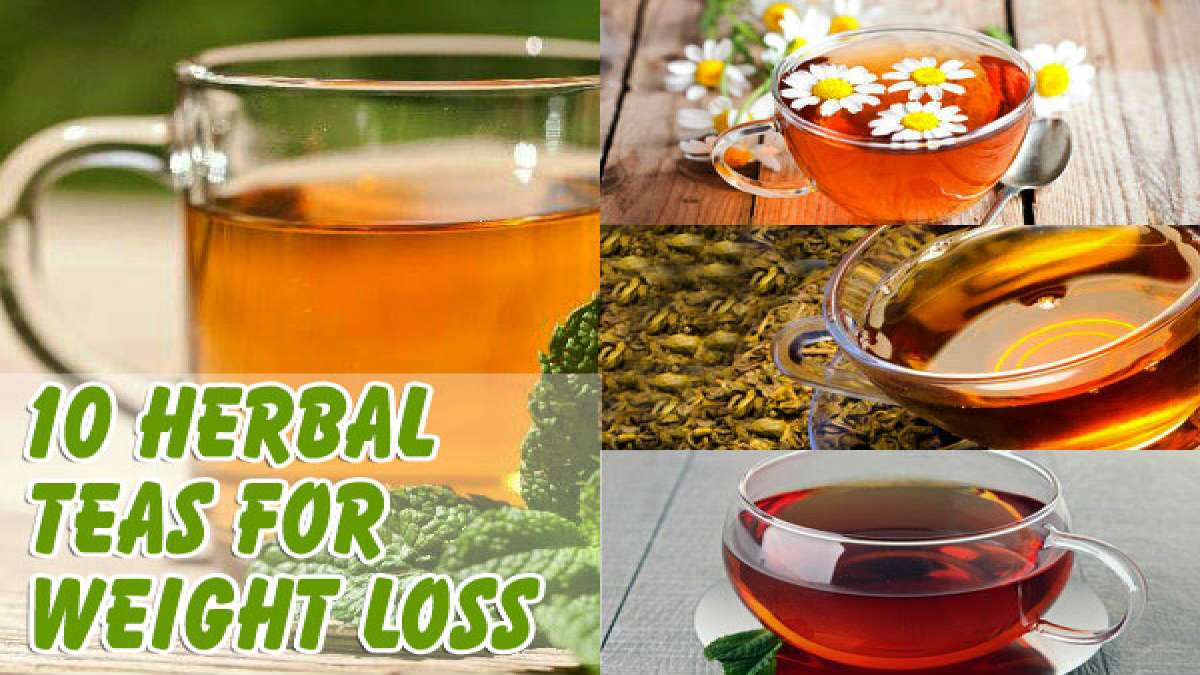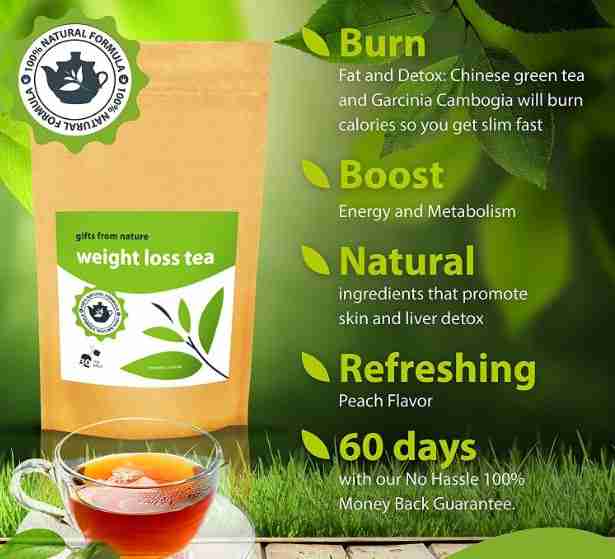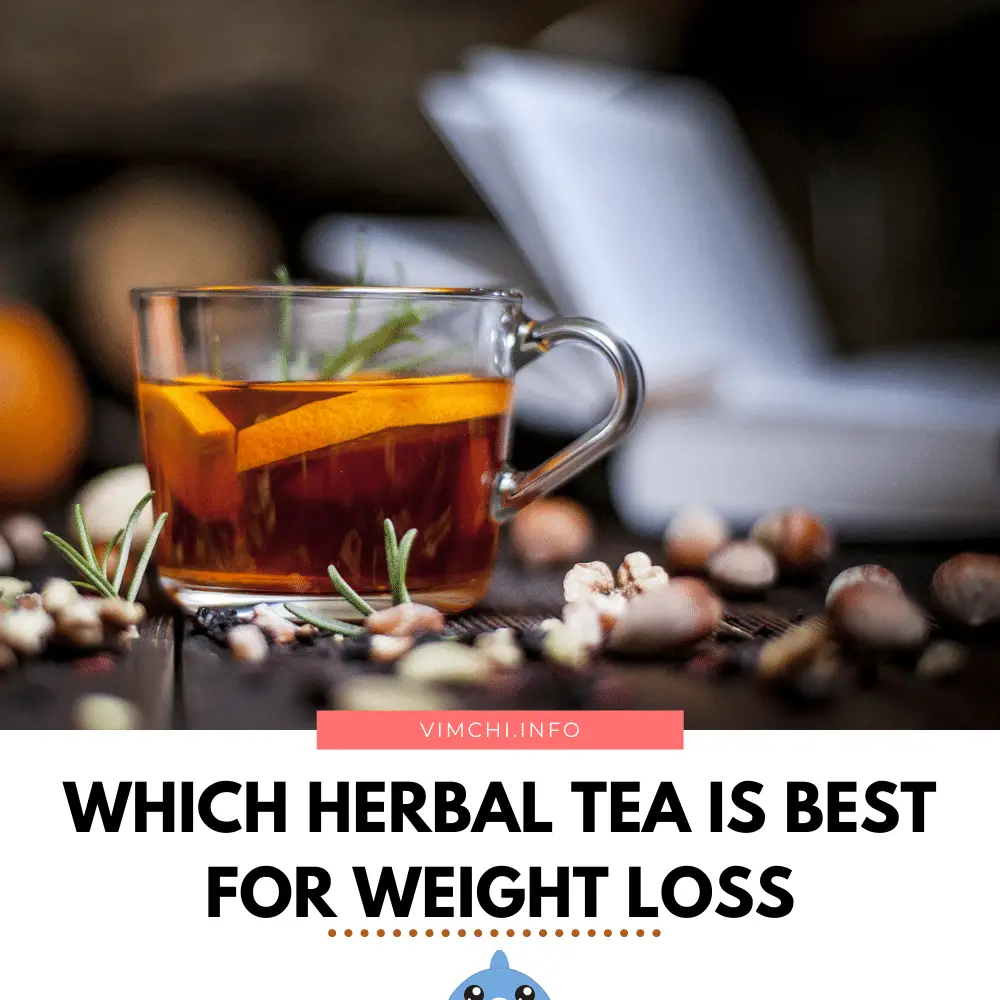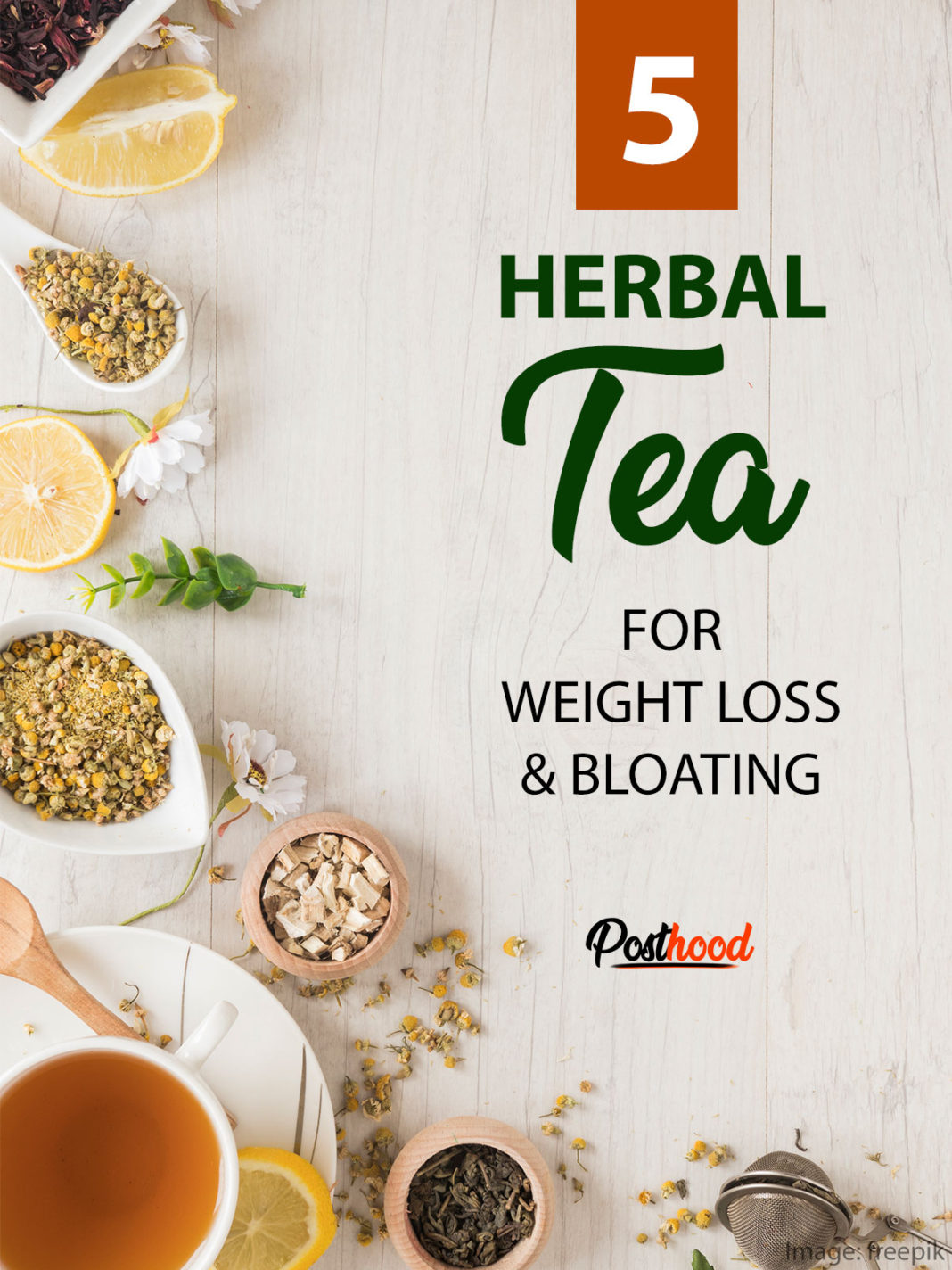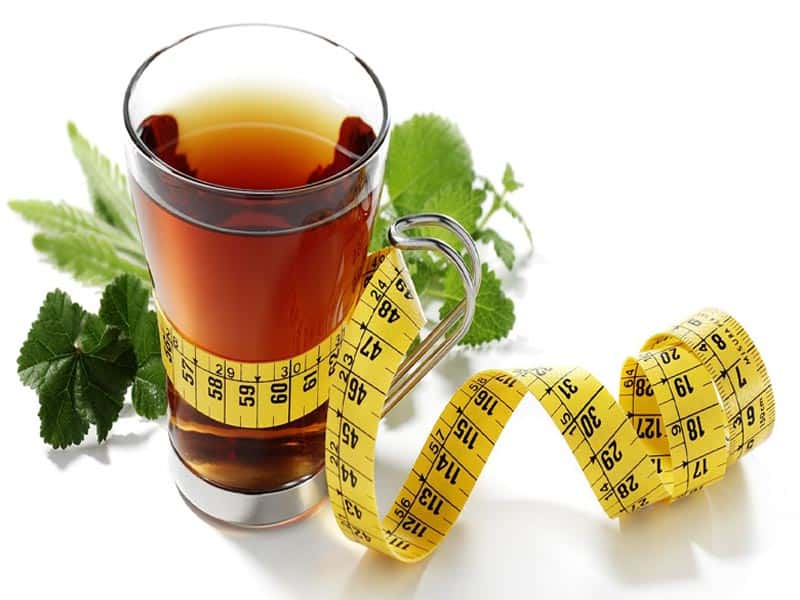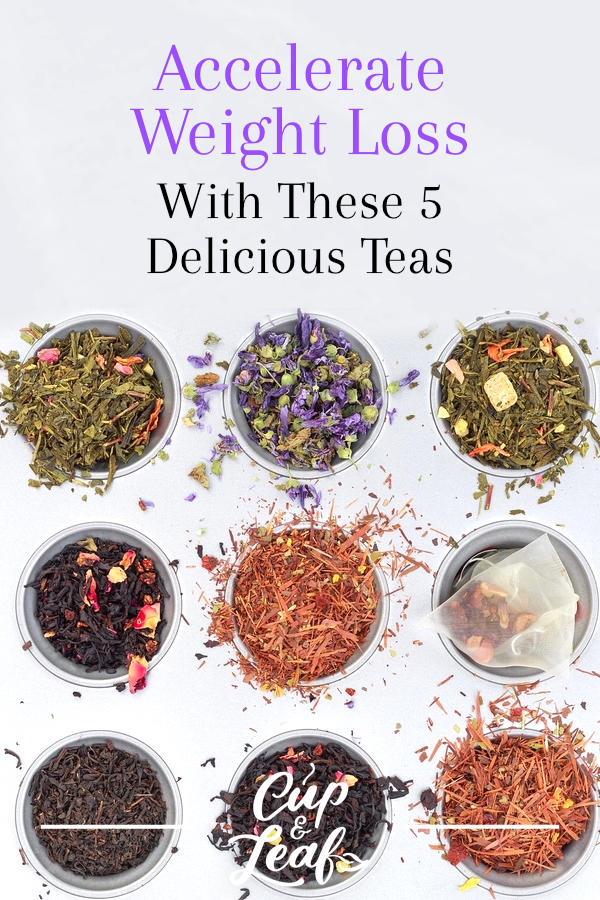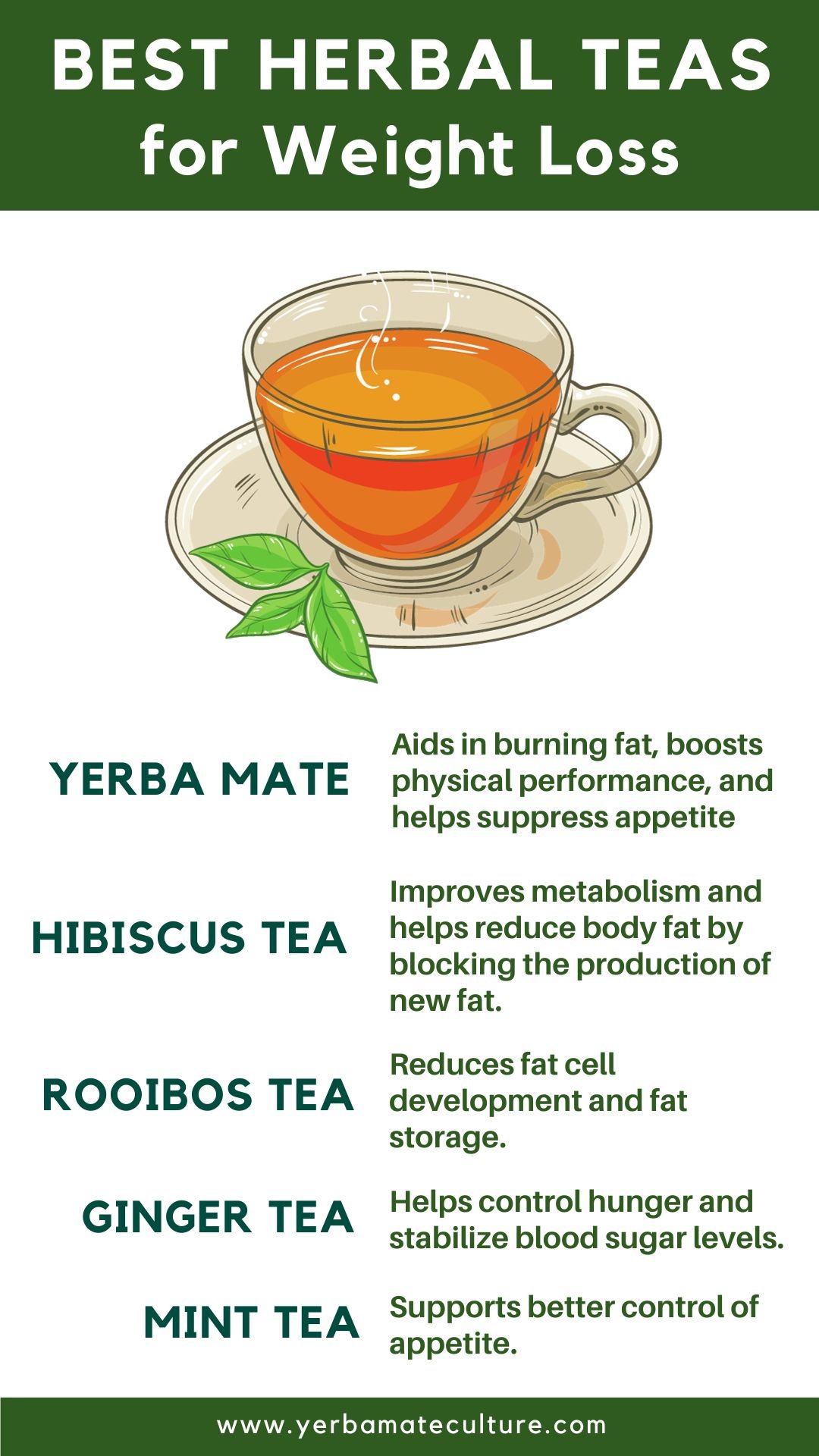Best Herbal Tea For Weight Loss

The quest for effective and natural weight loss methods has led many to explore the potential of herbal teas. While no tea is a magic bullet, certain varieties are gaining attention for their potential to support weight management when combined with a balanced diet and regular exercise. What teas show the most promise, and what does the science say?
This article examines the evidence-based benefits of several popular herbal teas for weight loss, exploring their mechanisms of action and highlighting important considerations for consumers. It's crucial to remember that individual results can vary, and consulting with a healthcare professional or registered dietitian is always recommended before making significant dietary changes.
Understanding Herbal Teas and Weight Management
Herbal teas, also known as tisanes, are infusions made from herbs, spices, flowers, or fruits. They differ from traditional teas (green, black, white, oolong) which are derived from the Camellia sinensis plant. Many herbal teas are caffeine-free and are known for their various health-promoting properties.
The potential weight-loss benefits of herbal teas often stem from a combination of factors. These include boosting metabolism, suppressing appetite, promoting fat oxidation, and reducing water retention.
Green Tea: A Catechin Powerhouse
Green tea is perhaps the most well-studied tea for weight loss, primarily due to its high content of catechins, particularly epigallocatechin gallate (EGCG). EGCG is believed to enhance fat burning and boost metabolism.
A meta-analysis published in the International Journal of Obesity found that green tea consumption was associated with a small but significant reduction in body weight and waist circumference. The effects are thought to be more pronounced when combined with exercise.
However, it's important to note that the EGCG content can vary depending on the variety and preparation method of the green tea. Some individuals may also experience side effects like jitteriness or insomnia due to its caffeine content.
Oolong Tea: A Partially Oxidized Option
Oolong tea, a traditional Chinese tea, falls between green and black tea in terms of oxidation. Some research suggests it may aid weight loss by increasing energy expenditure and promoting fat oxidation.
A study published in the Chinese Journal of Integrative Medicine indicated that drinking oolong tea over a six-week period resulted in a reduction in body fat and body weight in overweight and obese participants. The exact mechanisms are still being investigated.
Like green tea, oolong tea contains caffeine, so moderation is key, especially for those sensitive to stimulants.
Pu-erh Tea: A Fermented Favorite
Pu-erh tea, another Chinese tea, undergoes a fermentation process that distinguishes it from other varieties. Some studies have explored its potential effects on lipid metabolism and weight management.
Research published in the journal Phytotherapy Research suggests that pu-erh tea may help lower cholesterol and triglyceride levels. Some animal studies also indicate a potential for reducing body weight and fat accumulation, although more human research is needed.
The flavor of pu-erh tea can be acquired taste, but its unique fermentation process may offer benefits beyond its taste.
Hibiscus Tea: A Tart and Tangy Choice
Hibiscus tea, made from the dried petals of the hibiscus flower, is known for its vibrant color and tart flavor. Some studies suggest it may have a positive impact on blood pressure and blood sugar levels, which can indirectly support weight management.
A study published in the journal Food & Function found that hibiscus extract supplementation was associated with reduced body weight, body fat, and waist-to-hip ratio in overweight adults. Further research is needed to confirm these findings specifically with hibiscus tea consumption.
Hibiscus tea is generally considered safe, but it may interact with certain medications, so consulting with a healthcare professional is advisable.
Rooibos Tea: A Caffeine-Free Contender
Rooibos tea, native to South Africa, is a caffeine-free herbal tea with a naturally sweet flavor. It contains aspalathin and nothofagin, antioxidants that may have potential benefits for blood sugar control and fat metabolism.
While research is still preliminary, some studies suggest that rooibos may help improve insulin resistance and promote fat burning. More human studies are needed to fully understand its effects on weight loss.
Rooibos tea is generally considered safe and well-tolerated, making it a popular choice for those seeking a caffeine-free option.
Important Considerations
It's important to remember that herbal teas are not miracle cures for weight loss. They should be viewed as a potential complementary tool to support a healthy lifestyle.
Factors such as individual metabolism, genetics, diet, and exercise habits all play a significant role in weight management. Excessive consumption of any tea, even herbal teas, can potentially lead to unwanted side effects. Always drink in moderation.
The European Food Safety Authority (EFSA) emphasizes the importance of a balanced diet and regular physical activity for achieving and maintaining a healthy weight. Herbal teas can be a part of this, but should not be the sole focus.
Conclusion
Several herbal teas show promise for supporting weight management through various mechanisms, including boosting metabolism, promoting fat oxidation, and influencing blood sugar levels. Green tea, oolong tea, pu-erh tea, hibiscus tea, and rooibos tea are among the varieties that have been studied for their potential benefits.
However, more research is often needed to fully understand the efficacy and long-term effects of these teas. It is always recommended to consult with a healthcare professional or registered dietitian before incorporating herbal teas into your weight loss plan.
Ultimately, a holistic approach that combines a balanced diet, regular exercise, and mindful lifestyle choices remains the most effective strategy for achieving sustainable weight loss and overall health.

